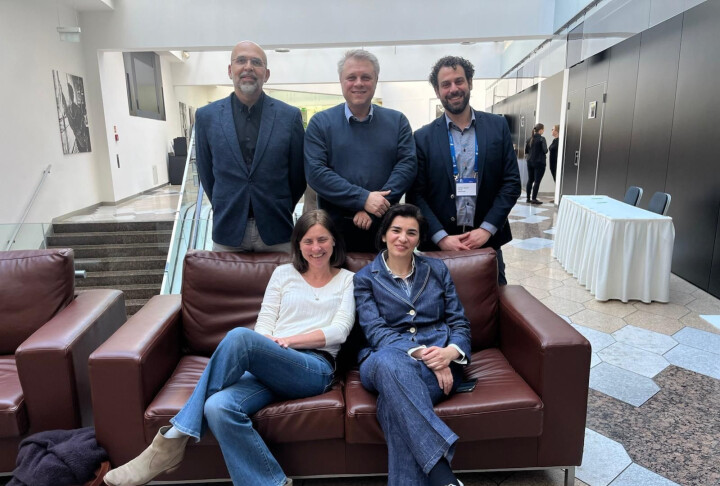Course description
This course uniquely combines theoretical lectures, hands-on training and case-based simulations, taking the participants through the fundamental understanding and features of DBS programming for Movement Disorders with an emphasis on sensing and its' fundamental features. This course will also address programming strategies in correlation with medication and management of side effects supporting optimised therapeutical outcomes. The course is designed as follows and will cover the topics listed below:
Virtual introduction: introduction to E-learning, how to prepare for the in-person training and a Live Quiz.
Face-to-face training:
- Patient selection - the ideal candidates
- Basic programming:
- target and side effects
- technical insights
- main factors and variables affecting programming
- clinical programming for Parkinson's disease, Dystonia and Essential Tremor - basic steps, initial programming, long-term programming
- long-term programming and patient management including medical therapy adjustments over time
- troubleshooting technical malfunctions and clinical side effects including approaches treating variable psychiatric symptoms associated with DBS in PD
- Practical programming & troubleshooting workshop: case-based discussions and first experiences with sensing
Target audience
This course is designed for:
- Neurologists involved in the patient pathway from planning to follow-up care wishing to deepen their knowledge and skills related to programming and wanting to understand the newest programming strategies and technologies including sensing capabilities
- Specialized DBS nurses involved in DBS programming and patient care
- Multi-disciplinary teams of neurologists and nurses, especially to foster the multi-disciplinary approach to patient care. Participants will be exposed to cases and strategies involving multidisciplinary decision taking and are encouraged to submit a case presentation
Learning objectives
At the end of this course, participants will be able to understand how to optimise symptom relief with minimal side effects through basic programming with an emphasis on sensing programming options.






